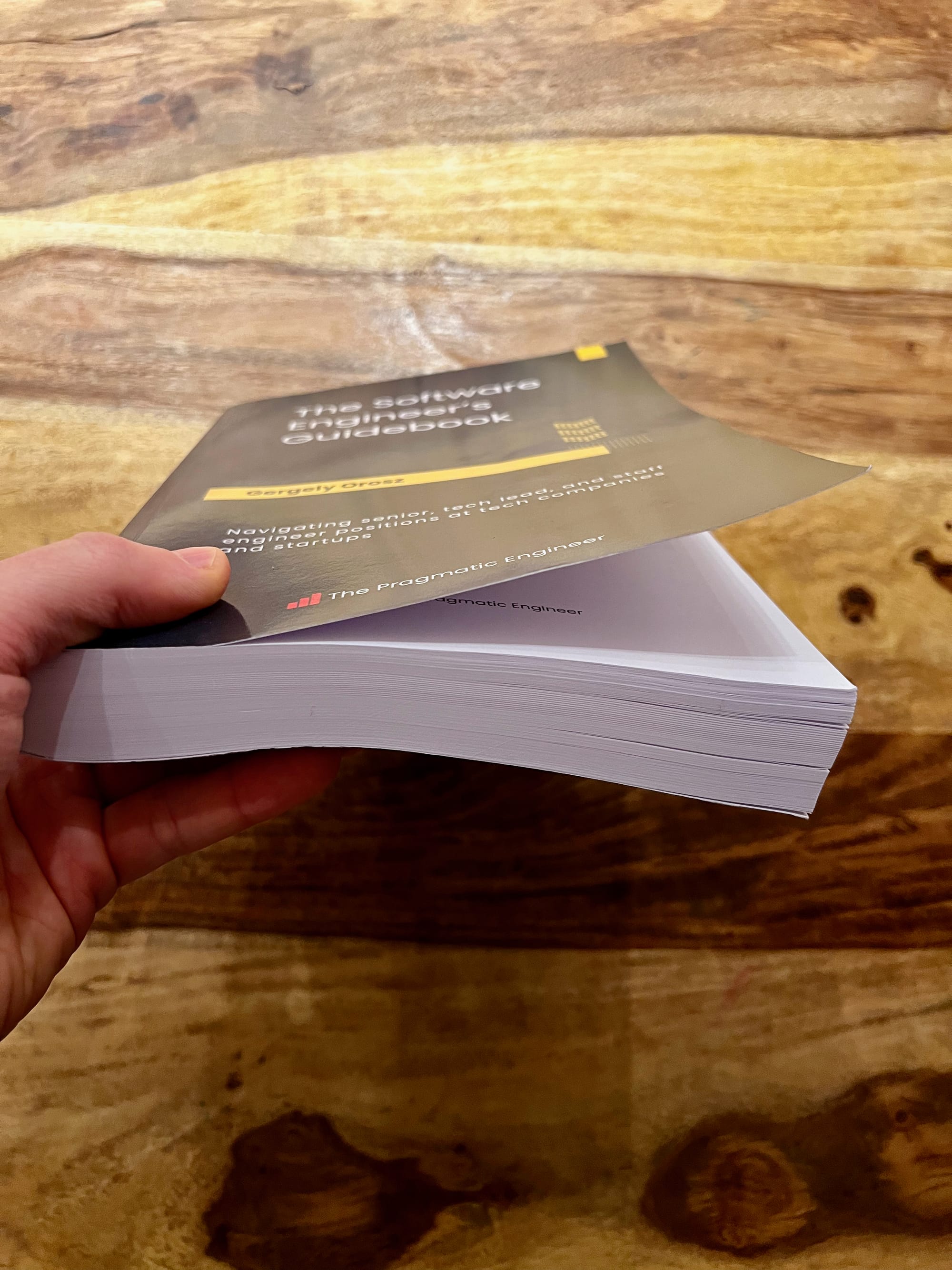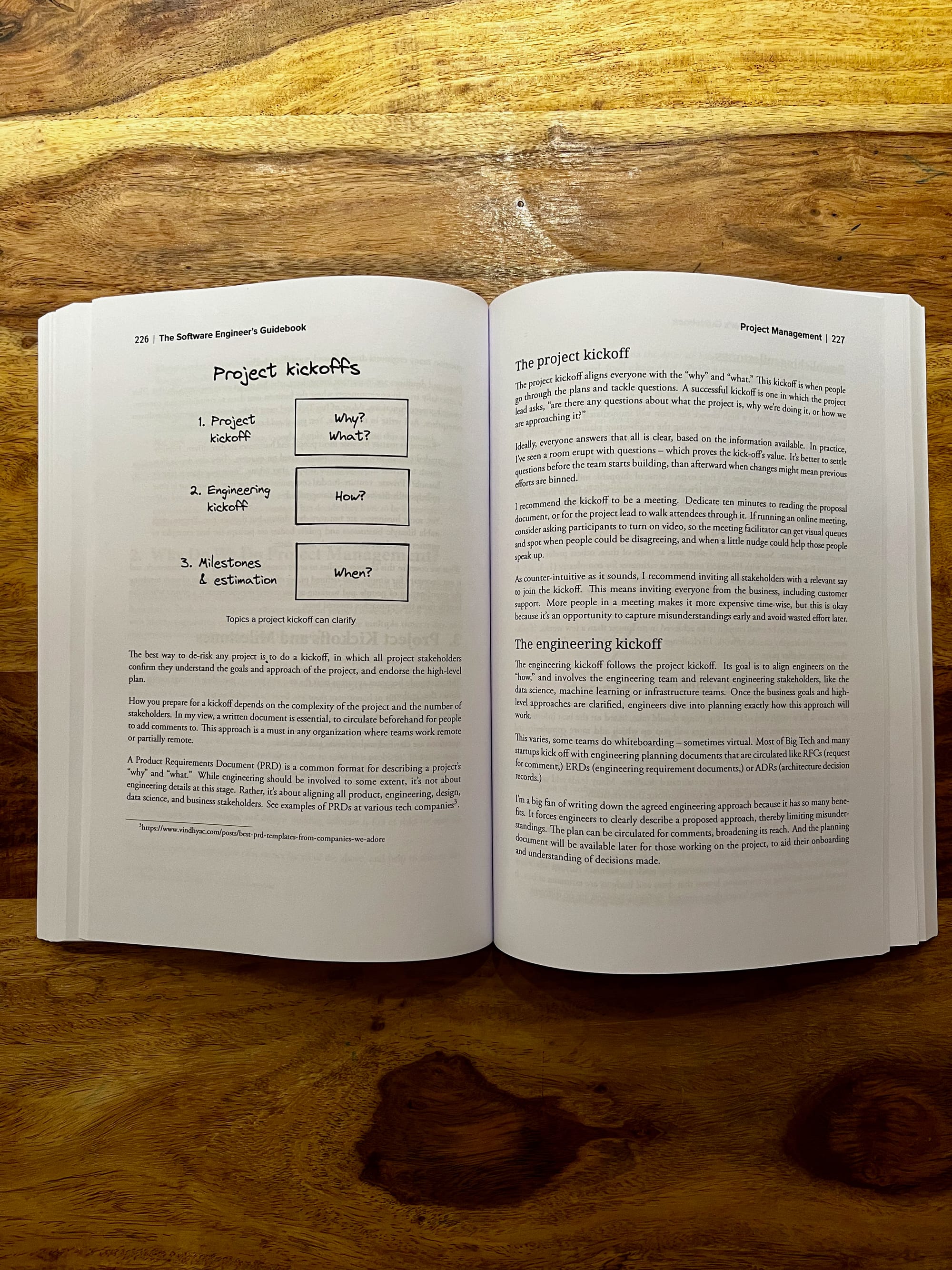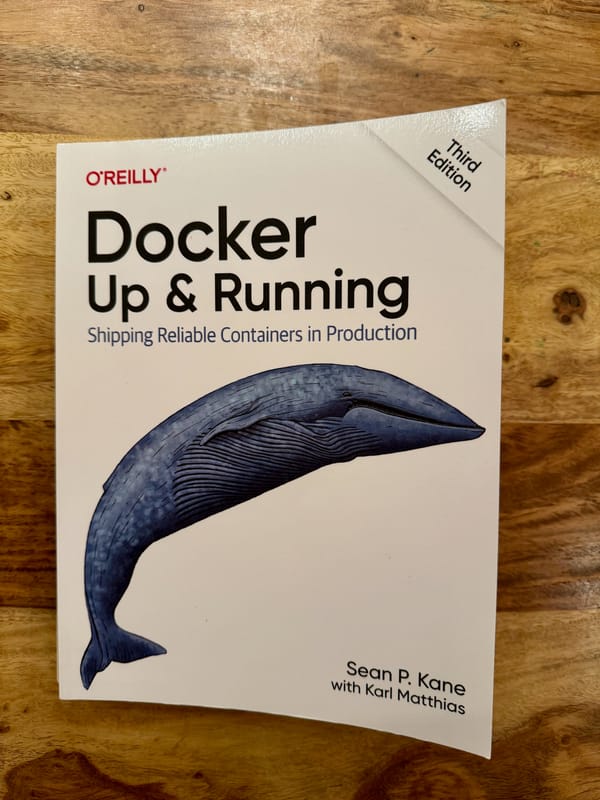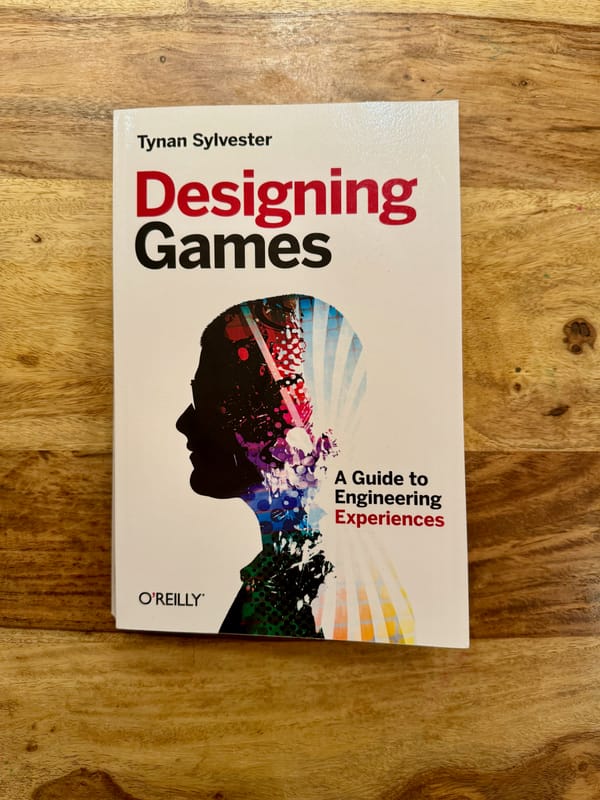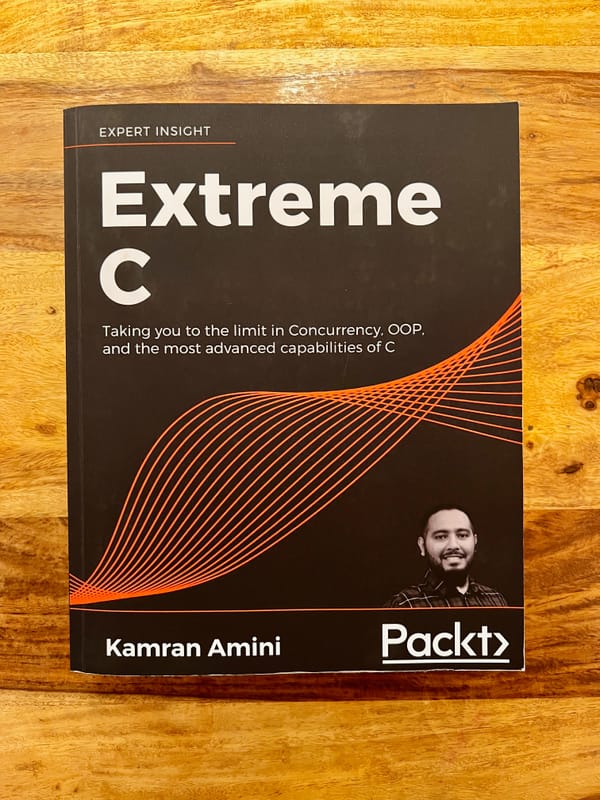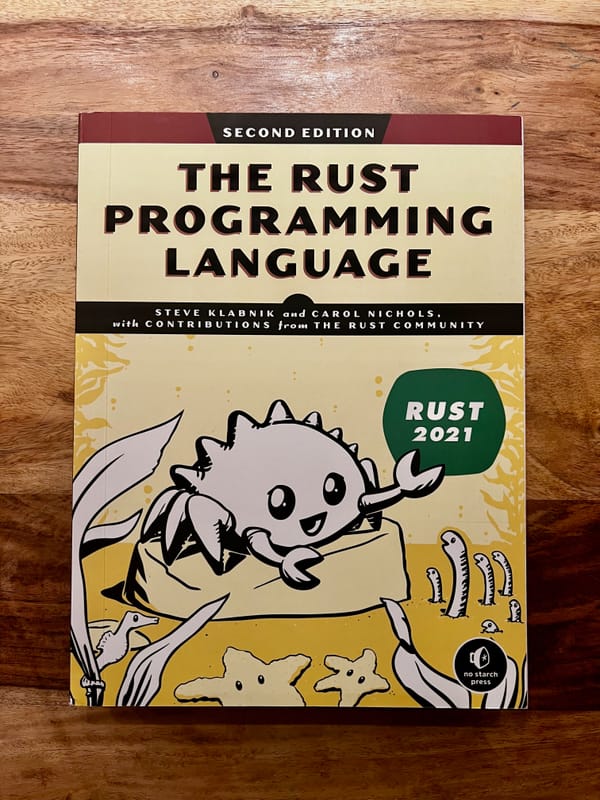"The Software Engineer's Guidebook" by Gergely Orosz
There might not be such a thing as a 10x engineer, but if you follow Gergely’s advice in this book you’re guaranteed to 10x your chances of having a great career in tech.
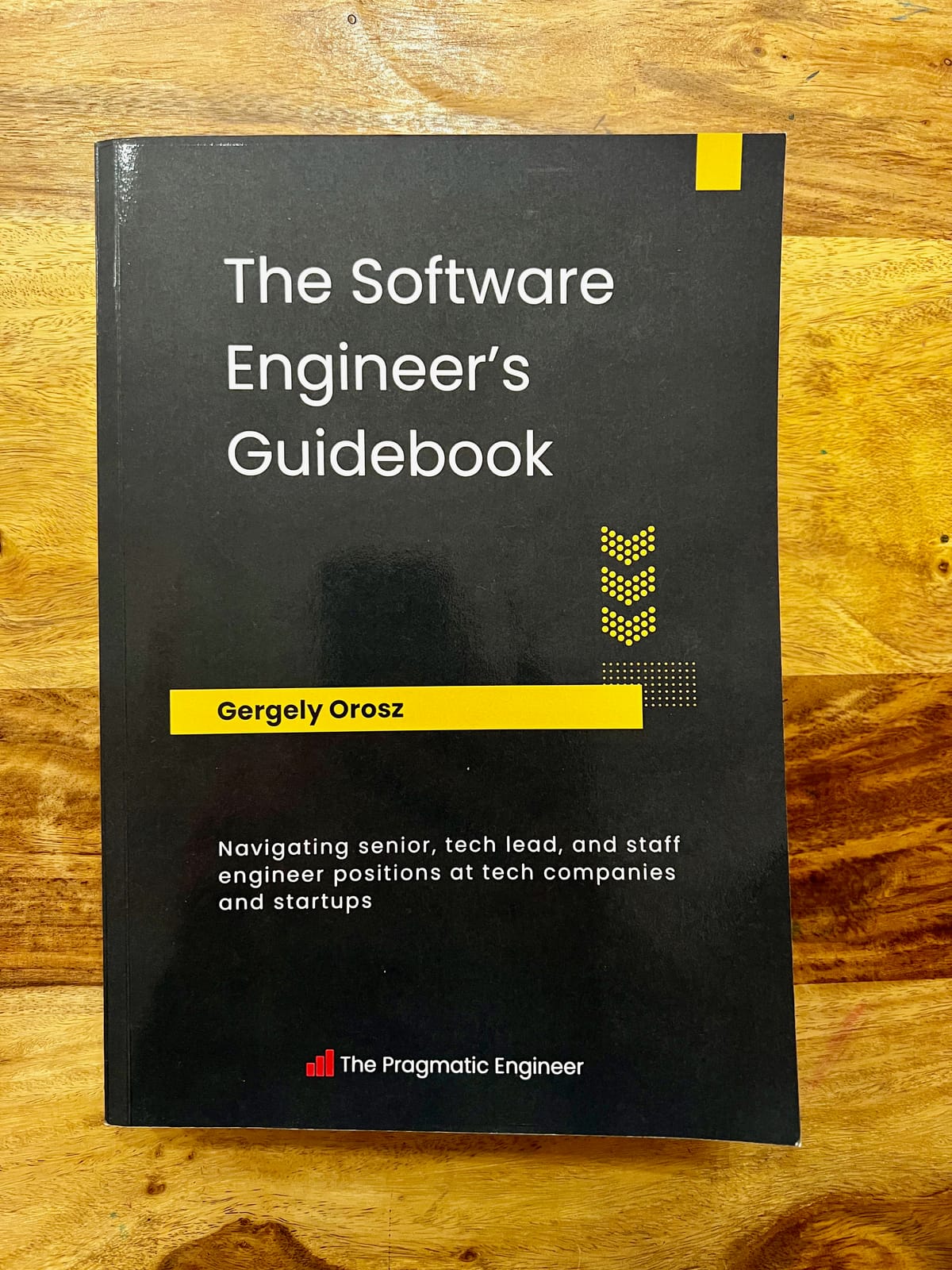
This post is part of my Book reviews series, where I share thoughts and impressions on the books I read.
"The Software Engineer's Guidebook" is authored by Gergely Orosz, technically reviewed by Dominic Gover and self-published by the author in November 2023.
💡Topic
The distilled wisdom of Silicon Valley for developing a successful path as a Software Engineer in the tech world.
📖Content
A fantastic book, chock full of advice and approaches for leveling up your own abilities as a software engineer, and also those of your team.
You are guided through most of the career of a software engineer in tech companies, and at each stage the author suggests systems of thinking and acting for different aspects that are relevant.
For example, in the "Senior Engineer" stage, you're suggested approaches for getting things done, coding, software development as well as tooling to be more productive
The book has 6 parts, 27 chapters spread across 397 pages.
👩💻🧑💻 Who is this book for?
Basically everyone who wants a long term career in technology as an engineer.
Whether you're just starting out, or are already a senior engineer, there is significant value that you can get from reading this book and seriously considering the author's suggestions.
No matter if you want to work - or are already employed - at FAANG, a startup or in old industry/ government, the ways of thinking and practical advice given here will serve you very well.
As the author suggests, and you definitely feel it as you read through it, this book is more of a reference book that you can refer back to, as you grow in your career.
👍Likes
Fantastic advice and constant encouragement to own your career, as nobody else will ever care about it as much as you do.
You can definitely feel that the author has been both an IC (individual contributor) as well as a people manager in his professional life, as the suggestions are balanced between these two viewpoints very well. Using his own experience, as well as that Gergely gained through the publishing of his newsletter The Pragmatic Engineer, this book truly is a sort of distillation of Silicon Valley's wisdom on building a successful career in software engineering.
The author presents very actionable advice, both as practical things you can do e.g "prepare early for a performance review" as well as developing longer term habits e.g "build a network inside the company early on".
All the suggestions feel at the right level of abstraction: you're given the context, the "why" and the "how", and then also specific ideas on how to implement. But it never falls into the trap of giving too many specific details which won't age well, e.g on what debugging tools to use.
Good insights on what are the serious career implications you can face when working in a cost or profit center for a company, which is something most software engineers - and employees in general - fail to grasp.
Balanced point of view on working smartly towards promotions, strategies to increase your chances of getting one, but also a bird’s eye view on their long term meaning for a successful and rewarding career.
Job hopping is presented in a very pragmatic and balanced way.
I also liked that there is bonus content for each part of the book which you can access by going to a url.
👎Dislikes
This will be a very hot take at the end of 2023, but I personally wouldn't have insisted as much as the author did on using AI tools to learn new languages or as an aid in understanding complicated aspects regarding code. My view is that, at the current level of AI development, tools such as ChatGPT and Bard are very far from being of sufficient quality for such an important task. On the contrary, especially when you learn a new programming language, it can be very detrimental for you to learn with AI, considering how prone they are to hallucinations. It's true that the author goes to great pains to always caveat his recommendations to use AI with the phrase "it's necessary to verify their output" (which honestly became also annoying at some point but I appreciated it nonetheless), so I guess that it's better than not having mentioned it. And for those of you who think that AI is better for learning because it saves you from having to read lots of useless posts on the internet, my view is that this is a feature not a bug. The search, and the perceived "fumbling around" when learning something new often takes you to hidden nooks and crannies that AI will not, and you'll get to learn much more and do more unexpected "blub study" than you'd do otherwise (which btw the author themselves endorses also). So I wholeheartedly suggest learning new things - especially new programming languages -"the old way", with books and Google searches and free or paid tutorials, and NOT with generic and insipid summarizations from AI. At least for the moment, and perhaps in 10 years my view will change.
Font size in general could be decreased by at least half a point, and also spacing between the paragraphs. Overall I feel the book could be typeset in a more compact version, to fit more content on the page and also decrease its size (which is something I believe all authors should optimize for).
Formatting on pages with charts and tables could also be significantly improved; currently there are jarring blank spaces left in several places due to this challenge, and it makes the reader feel like something was missed from the page.
🚧 Improvements I would suggest
Better editing and typesetting. The author should experiment more with different sizes and formats, and perhaps engage a specialized person to help out. Not sure how much this can be improved though, considering the limitation of the self-publishing platform of Amazon, but leveling up in this area would make the book a much better experience.
I would add more content around the mental challenges of working in these roles, preventing burnout and also lifestyle suggestions which are guaranteed to help improve performance e.g desk ergonomics, sleep, hydration, meditation, therapy, etc.
🤔Final Thoughts
There might not be such a thing as a 10x engineer, but if you follow Gergely’s advice in this book you’re guaranteed to 10x your chances of having a great career in tech.
Something tells me that this book will become mandatory reading in Big Tech and startups across the world for the next decade, and rightfully so.
Well done Gergely, chapeau!
